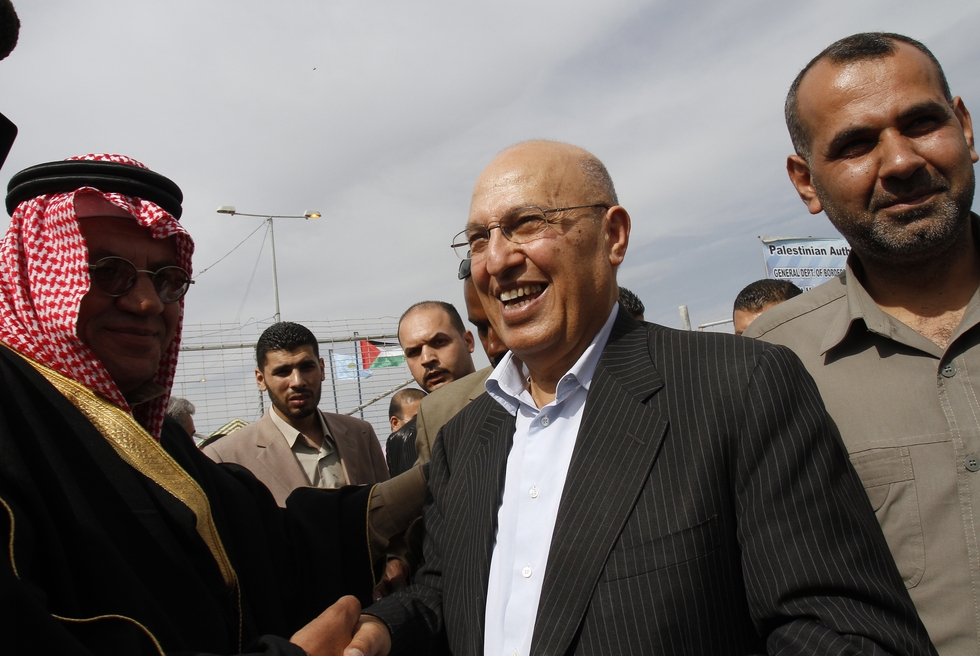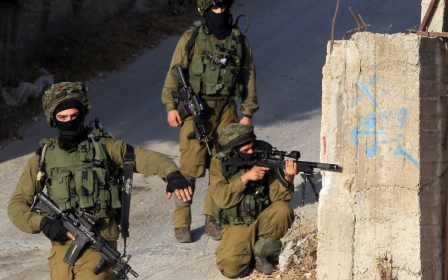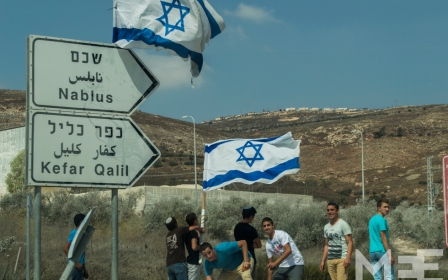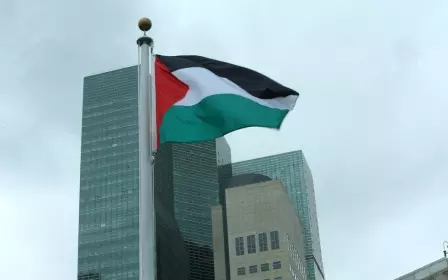Senior Palestinian politician says Palestinians should emulate Mandela

A senior Palestinian official has said that the Israel-Palestine peace process has been a "Trojan horse" and that different tactics were needed to challenge Israeli dominance.
Speaking at a lunchtime meeting at the European Council on Foreign Relations, Nabil Shaath, a former acting prime minister of the Palestinian Authority and negotiator, said that an increase in public support for the Palestinians worldwide coupled with an increasing realisation of the failures of the 1993 Oslo Accords means that the Palestinian movement could be on the verge of breakthrough.
“The victory of the ANC in South Africa, which ended the apartheid regime there, proved that those who struggle against apartheid directed at blacks never turned it into apartheid against the whites when they came into power,” he said.
“That inspiration is some sort of assurance to the Israelis that if we’re really going to have peace and live together we were going to do it the way that Mandela has done.”
He said that any new pressure applied to the Israelis had to be “non-violent” and added that he thought “the armed struggle died in 1982".
Previous searches for an incorruptible Mandela figure to unite opinion among both Palestinians and Israelis – in the manner that the late South African leader did between black and white South Africans – have so far proved fruitless.
In the past, some analysts have suggested that Marwan Barghouti, an imprisoned former Fatah activist who took the lead in both the first and second Intifada, could have filled the role.
However, continuing violence and Israeli encroachments on Palestinian land have made some pessimistic about ever finding unity either among the Palestinians or with the Israelis.
US-led attempts to find a solution to the 47-year conflict between the Israelis and the Palestinians collapsed last year.
Following the breakdown in talks, Israel launched an aerial bombardment on the Gaza Strip which cost the lives of over 2,000 Palestinians, mostly civilians.
Shaath slammed the Israeli refusal to recognise the jurisdiction of the PA and the failure in joint coordination of security services.
"Why do we have security coordination? We have security coordination when you abandon, you take out your troops, from a part of the country and give us one of two choices: either you take care of the security or the Israeli army will come back and do it itself," he said.
"In Gaza, we did security coordination, but the Israelis never penetrated Gaza while we were in Gaza in the first five years.
"Today the Israelis are not respecting that [security coordination]. They occupy every bit of the West Bank. So why should I give them any security help?"
New MEE newsletter: Jerusalem Dispatch
Sign up to get the latest insights and analysis on Israel-Palestine, alongside Turkey Unpacked and other MEE newsletters
Middle East Eye delivers independent and unrivalled coverage and analysis of the Middle East, North Africa and beyond. To learn more about republishing this content and the associated fees, please fill out this form. More about MEE can be found here.




